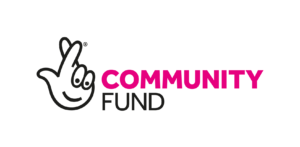Mental illness refers to a wide range of conditions that affect a person’s thinking, feeling, behavior, or mood. These conditions can significantly impact an individual’s daily functioning, relationships, and overall well-being. Mental illnesses are real and treatable medical conditions, just like physical illnesses.
Diagnosing mental illnesses involves assessing an individual’s symptoms, personal history, and the impact of those symptoms on their daily life. Mental health professionals, such as psychiatrists, psychologists, and clinical social workers, are trained to evaluate and diagnose mental illnesses.
The Diagnostic and Statistical Manual of Mental Disorders (DSM) is one of the primary tools used by mental health professionals for diagnosing mental illnesses. The current edition, as of my knowledge cutoff in September 2021, is the DSM-5. It provides diagnostic criteria and descriptions for various mental disorders, helping clinicians categorize and identify different conditions.
To arrive at a diagnosis, mental health professionals typically conduct a comprehensive evaluation. This process may involve:
- Clinical interview: The mental health professional interviews the individual to gather information about their symptoms, medical history, family history, and any other relevant details.
- Diagnostic criteria: The mental health professional compares the individual’s symptoms and experiences with the criteria outlined in the DSM-5 to determine if they meet the criteria for a particular mental disorder.
- Symptom assessment: The professional assesses the severity, duration, and frequency of the individual’s symptoms. They may use standardized questionnaires or rating scales to gain a clearer understanding of the person’s condition.
- Differential diagnosis: The mental health professional differentiates between different mental disorders with similar symptoms. This process helps ensure accurate diagnosis and appropriate treatment.
It’s important to note that mental health diagnoses are not static labels but rather tools to guide treatment and support. They provide a common language for professionals to communicate, conduct research, and develop appropriate treatment plans. Accurate diagnosis is crucial for accessing appropriate treatment options and support services.
It’s worth mentioning that self-diagnosis based solely on online information is not recommended. Consulting with a qualified mental health professional is the best way to obtain an accurate diagnosis and develop an effective treatment plan tailored to an individual’s specific needs.


